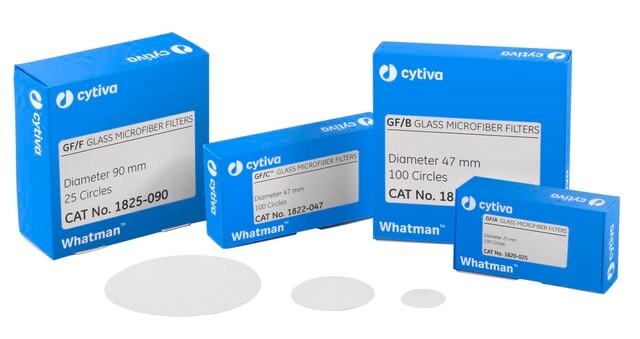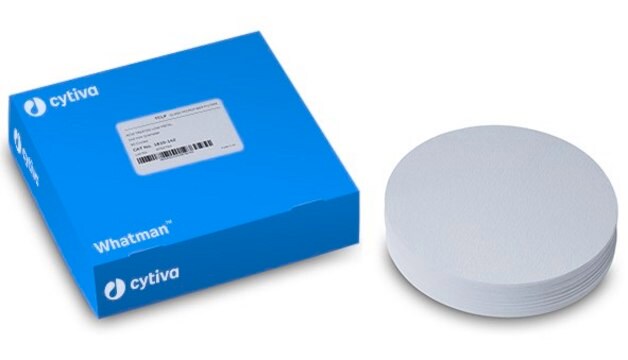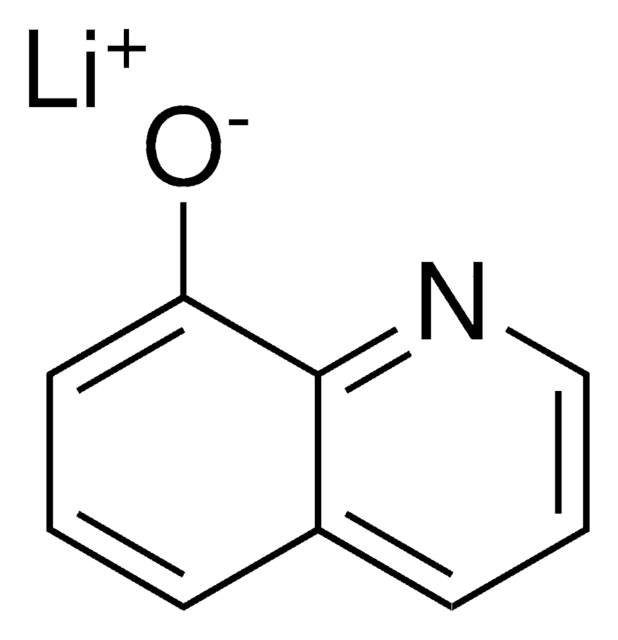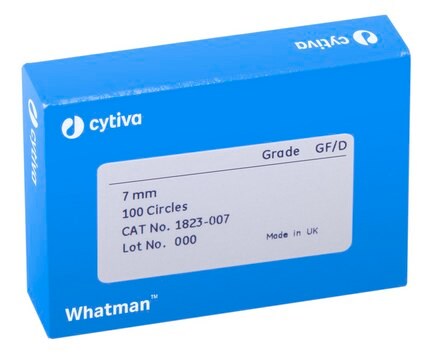WHA1810150
Whatman® acid treated low metal TCLP circles
diam. 150 mm
Synonim(y):
Z752886
Zaloguj sięWyświetlanie cen organizacyjnych i kontraktowych
About This Item
Kod UNSPSC:
40161507
NACRES:
NB.24
Polecane produkty
Materiały
borosilicate glass fiber (BGF) membrane (acid treated low metal)
sterylność
non-sterile
opakowanie
pk of 50
producent / nazwa handlowa
Whatman 1810-150
Whatman Article No. 28418305 (US reference)
Parametry
60 mL/min speed
Średnica
150 mm
wielkość porów
0.7 μm
gramatura
75 g/m2
Szukasz podobnych produktów? Odwiedź Przewodnik dotyczący porównywania produktów
Powiązane kategorie
Opis ogólny
These acid treated low metal filters are available in 47 mm, 90 mm, 110 mm, 125 mm, 142 mm, and 150 mm diameters. The 90 mm filter is required for volatile samples and use with a Zero Headspace Extractor. The 142 mm filter is typically used with non-volatile samples in an approved jar.
Toxicity Characteristic Leaching Procedure (TCLP) is an analytical test designed to determine the leaching potential in a landfill for hazardous organic and inorganic contaminants that could potentially migrate into groundwater, threatening drinking water sources.
Used for EPA Method 1311
The Whatman TCLP Filter is manufactured using a binder free borosilicate glass microfiber with a particle retention rating of 0.6 μm to 0.8 μm.
Toxicity Characteristic Leaching Procedure (TCLP) is an analytical test designed to determine the leaching potential in a landfill for hazardous organic and inorganic contaminants that could potentially migrate into groundwater, threatening drinking water sources.
Used for EPA Method 1311
The Whatman TCLP Filter is manufactured using a binder free borosilicate glass microfiber with a particle retention rating of 0.6 μm to 0.8 μm.
Inne uwagi
Field of Use : For internal research use only. Products are not intended for diagnostic use or resale.
Informacje prawne
Whatman is a registered trademark of Cytiva
This page may contain text that has been machine translated.
Certyfikaty analizy (CoA)
Poszukaj Certyfikaty analizy (CoA), wpisując numer partii/serii produktów. Numery serii i partii można znaleźć na etykiecie produktu po słowach „seria” lub „partia”.
Masz już ten produkt?
Dokumenty związane z niedawno zakupionymi produktami zostały zamieszczone w Bibliotece dokumentów.
Nasz zespół naukowców ma doświadczenie we wszystkich obszarach badań, w tym w naukach przyrodniczych, materiałoznawstwie, syntezie chemicznej, chromatografii, analityce i wielu innych dziedzinach.
Skontaktuj się z zespołem ds. pomocy technicznej



